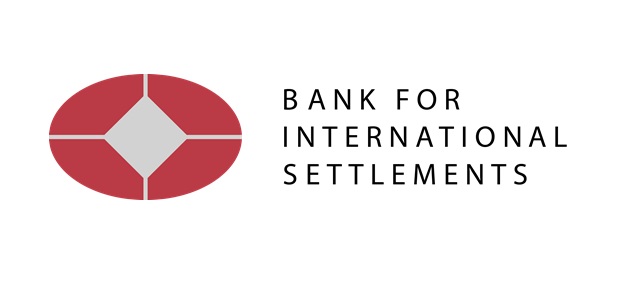
New SWIFT data that the Committee on Payments and Market Infrastructures (CPMI) – the global standard setter for payment, clearing and settlement services – is publishing today, provides further evidence that access to safe and cost-effective cross-border payments is not improving. It shows that the correspondent banking network has shrunk by 20% over the past seven years and has become more concentrated as a result.
The new data, which track the size and scope of the network of relationships, show a broad-based and global reduction in their number as their geographical focus narrows. Correspondent bank networks underpin cross-border payments – vital for global trade and for migrants who send remittances home. „Yet these payments are slower, more expensive and more opaque than domestic payments.”, according to the press release.
„Many families and small businesses rely on remittances to make ends meet but often face a choice between tolerating high costs or risking uncertain delivery of payments. The shrinking correspondent banking network is adding to these concerns. It may push people to use ‘shadow’ payment services such as cryptocurrencies that put the most disadvantaged at risk,” said Benoît Cœuré, Chair of the CPMI, on the sidelines of the High-level Meeting on Financial Inclusion hosted by the Bank for International Settlements.
„Collectively, our efforts can enhance financial inclusion by making payments more efficient and by lowering their costs,” he added.
To improve access to payments, it is necessary to understand their associated trends and drivers. This requires detailed analysis, which the CPMI is undertaking. The current analysis builds on the 2016 CPMI report on correspondent banking, and is based on payment message data from over 200 jurisdictions provided by SWIFT.
The CPMI and SWIFT plan to update the analysis annually for the next five years.
The World Bank estimates that almost USD 530 billion in remittances were sent last year – more than three times the amount of official development assistance sent to the receiving countries. Evidence shows that foreign workers from low- and middle-income countries sending funds home face an average cost of about USD 14 for a USD 200 payment.
„In other words, cross-border payments still tend to be notably slower, more expensive and more opaque than domestic payments. No wonder, then, that many turn to what I call „shadow payments”, such as informal networks or unregulated cryptocurrency platforms, that lack proper cyber security, basic risk management, legal certainty or consumer protection.”, according to Mr Benoît Cœuré, Chair of the CPMI and Member of the Executive Board of the ECB.
In his introductory remarks at at the High-level meeting on financial inclusion, Basel, Switzerland, 27 May 2019, Benoît Cœuré said that „Since 2011, more than one billion adults have gained access to basic transaction accounts – that is, accounts with a financial institution or a mobile money service provider. Yet, as of 2017, around 30% of the adult population worldwide still lacked access to payment services. (…) Financial inclusion starts with payments.”
Banking 4.0 – „how was the experience for you”
„To be honest I think that Sinaia, your conference, is much better then Davos.”
Many more interesting quotes in the video below: